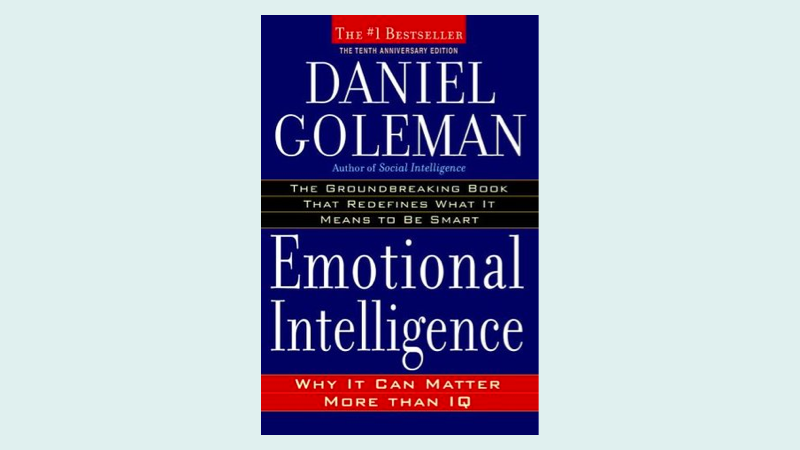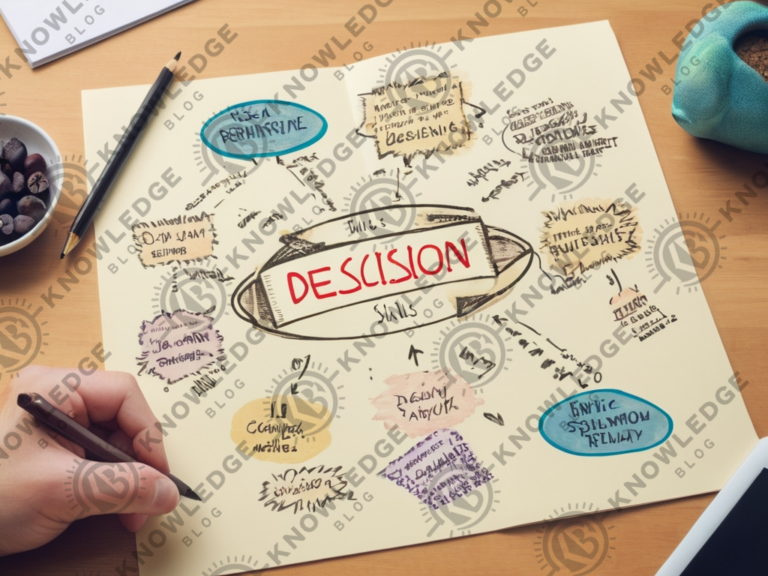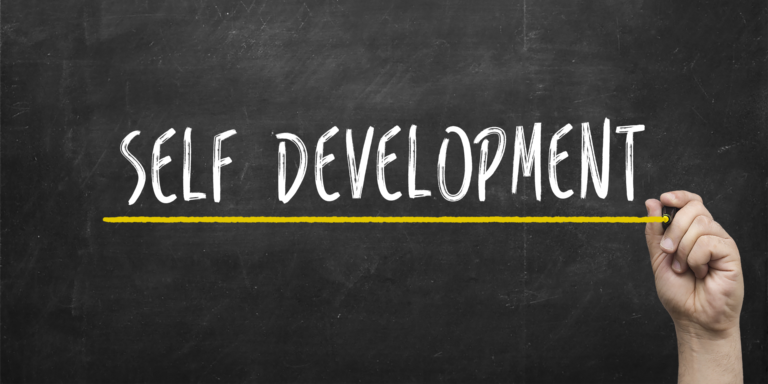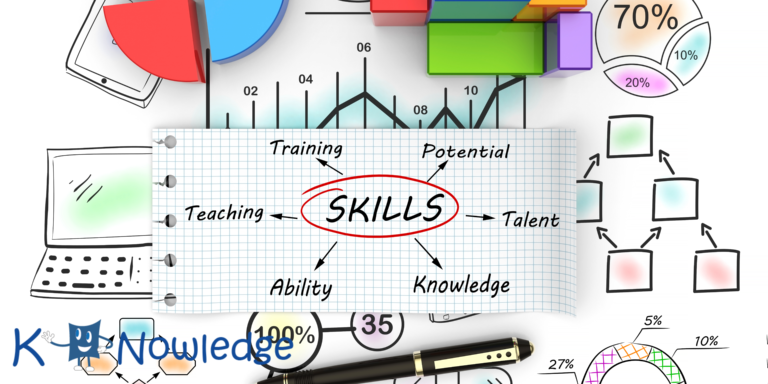The Great Personal Development Books
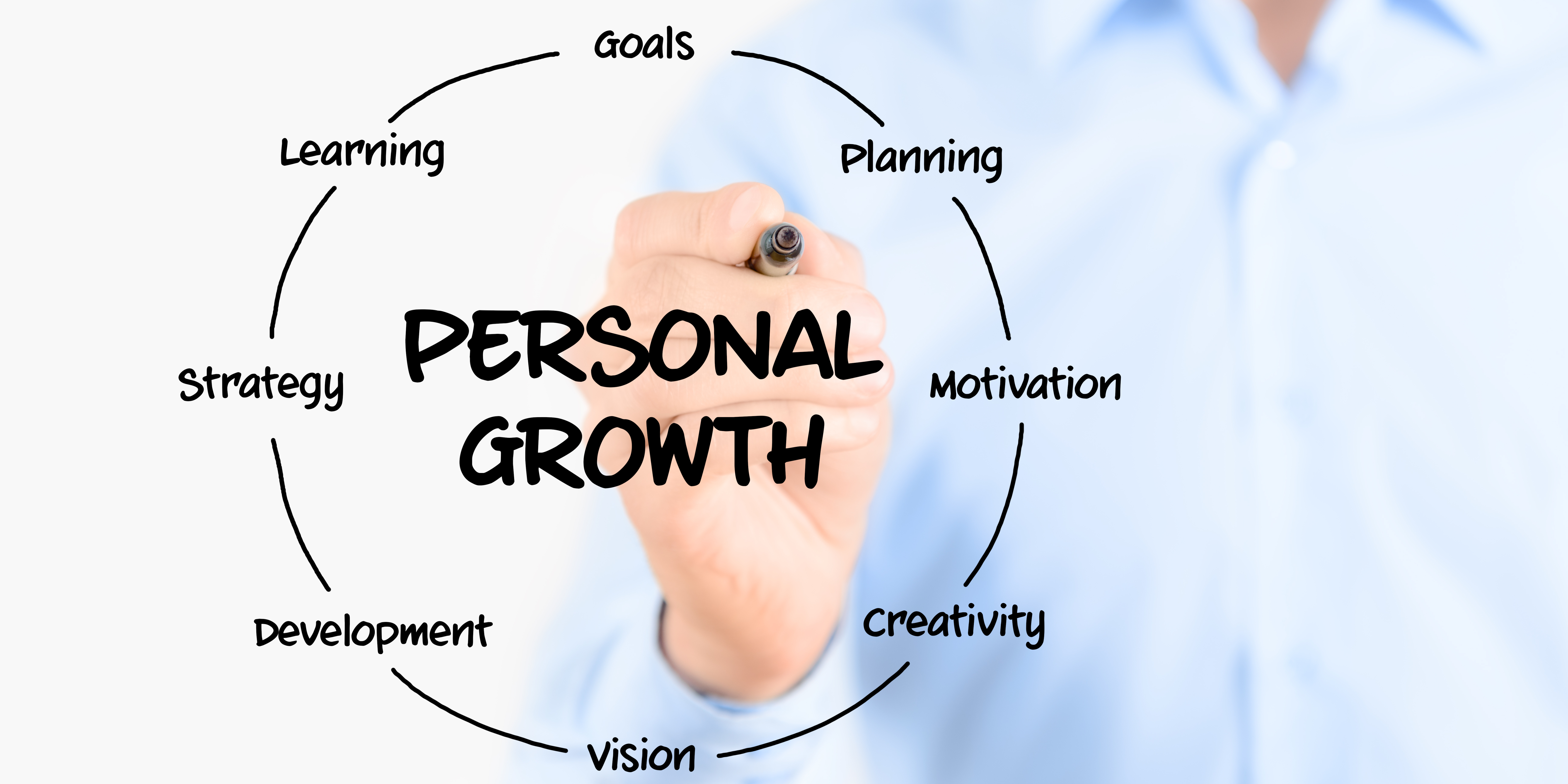
When it comes to personal development, the right books can serve as invaluable companions, guiding us toward self-improvement and growth. In this comprehensive guide, we will explore two great personal development books that have transformed the lives of countless individuals: “The Power of Now” by Eckhart Tolle and “Emotional Intelligence” by Daniel Goleman. By delving into the teachings and insights of these books, we can gain a deeper understanding of personal development and harness the power of the present moment and emotional intelligence to enhance our lives.
Understanding Personal Development
Before we dive into the specific books, let’s grasp the concept of personal development and its significance in our lives. Personal development refers to the intentional and continuous process of improving oneself mentally, emotionally, and spiritually. It involves setting goals, acquiring new knowledge and skills, and fostering self-awareness. By investing in personal growth, we can unlock our potential, overcome challenges, and lead a more fulfilling life.
The Power of Now: A Path to Spiritual Enlightenment
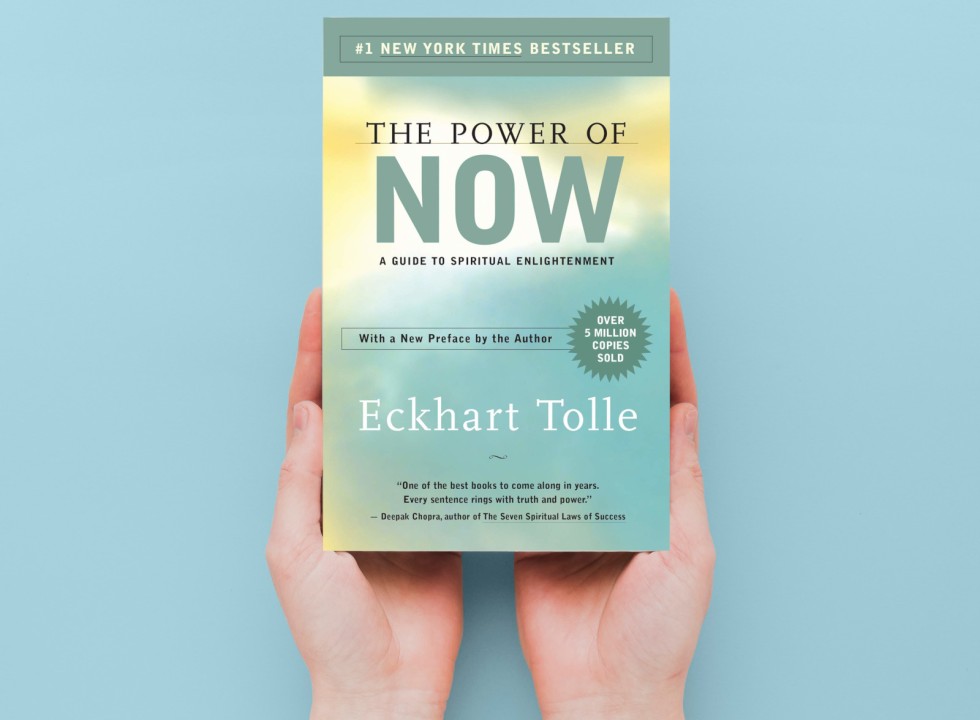
Book Overview
At the heart of “The Power of Now” by Eckhart Tolle lies the transformative power of living in the present moment. Tolle, a renowned spiritual teacher, offers profound insights into finding inner peace and awakening to a higher state of consciousness. His teachings have resonated with readers worldwide, making this book a classic in the genre of great personal development books.
Exploring the Key Concepts
Living in the Present Moment
One of the central themes of “The Power of Now” is the importance of fully embracing the present moment. Tolle emphasizes that true fulfillment and joy can only be experienced when we let go of regrets about the past and worries about the future. He provides practical techniques and mindfulness practices to cultivate present-moment awareness, such as focusing on the breath and observing our thoughts without judgment.
Overcoming the Ego and Embracing Consciousness
“The Power of Now” guides us on a journey to transcend the influence of the ego, which Tolle describes as the false sense of self based on identification with thoughts and emotions. By disidentifying from the ego, we can access a deeper level of consciousness and connect with our true essence. Tolle shares strategies to free ourselves from egoic patterns and cultivate self-awareness, leading to personal growth and spiritual awakening.
Acceptance and Letting Go
Another significant aspect of Tolle’s teachings is the power of acceptance and letting go. He emphasizes the importance of accepting the present moment as it is, without resistance or judgment. Through acceptance, we can release the grip of past pain and future worries, finding inner peace and liberation. Tolle provides guidance on embracing acceptance and surrendering to the flow of life, enabling personal transformation.
Impact and Application
“The Power of Now” has had a profound impact on numerous individuals seeking personal development. Let’s explore a few case studies that demonstrate the transformative power of this book:
Case Study 1: John’s Journey to Mindfulness
John, a high-stress corporate executive, struggled with anxiety and constant mental chatter. After reading “The Power of Now,” he began practicing present-moment awareness techniques, such as taking mindful breaks during the workday. Over time, John noticed a significant reduction in stress levels and an increased ability to focus on the task at hand. He credits the book for helping him cultivate inner calm and improving his overall well-being.
Case Study 2: Sarah’s Path to Self-Discovery
Sarah, going through a period of self-doubt and confusion, found solace in “The Power of Now.” The book’s teachings on self-awareness and ego dissolution resonated deeply with her. Sarah started journaling and reflecting on her thoughts and emotions, graduallyuncovering patterns and beliefs that were holding her back. Through the practices outlined in the book, she gained clarity about her true desires and purpose, leading to a career change that aligned with her passions. Sarah attributes her personal development journey to the profound insights gained from “The Power of Now.”
Emotional Intelligence by Daniel Goleman: Why It Can Matter More Than IQ
Book Overview
In his groundbreaking book “Emotional Intelligence,” Daniel Goleman champions the vital role of emotional intelligence in personal and professional achievement. Goleman argues, backed by strong evidence, that emotional intelligence—spanning self-awareness, self-control, empathy, and social skills—plays a vital role in diverse aspects of life.
Understanding Emotional Intelligence
Defining Emotional Intelligence
Goleman views emotional intelligence as the mastery of our internal world and the ability to connect with the emotions of others. He highlights the significance of emotional intelligence in building strong relationships, making effective decisions, and achieving personal goals.
Developing Self-Awareness
Self-awareness is a key component of emotional intelligence. Goleman emphasizes self-awareness as the key to navigating our emotions effectively and making mindful choices aligned with our personal growth. This self-awareness entails a deep understanding of ourselves, encompassing our emotions, strengths, weaknesses, and core values.
Managing Emotions
In “Emotional Intelligence,” Goleman explores strategies for managing emotions effectively. He provides insights on handling stress, anger, and other challenging emotions. Goleman also emphasizes the importance of emotional self-regulation in maintaining healthy relationships and achieving personal resilience.
Interpersonal Relationships and Empathy
Goleman delves into the role of empathy and social skills in fostering meaningful connections. He discusses the importance of understanding others’ perspectives, listening actively, and communicating effectively. By developing empathy and strong interpersonal skills, we can enhance our relationships and create a positive impact on those around us.
Application in Personal Development
“Emotional Intelligence” offers practical guidance on how to apply emotional intelligence principles to personal development. Here are a few examples:
Example 1: Developing Self-Awareness
By practicing self-reflection and journaling, individuals can gain insights into their emotions, triggers, and behavioral patterns. This self-awareness forms the foundation for personal growth and the development of emotional intelligence.
Example 2: Improving Relationship Skills
Goleman suggests active listening, empathetic communication, and conflict resolution as ways to enhance relationship skills. Through conscious effort and practice, individuals can cultivate strong interpersonal connections and build healthier relationships.
Example 3: Managing Stress and Emotions
Goleman provides strategies for managing stress and emotions effectively, such as relaxation techniques, mindfulness, and reframing perspectives. These techniques empower individuals to navigate challenging situations with resilience and emotional balance.
Conclusion
In the realm of personal development, “The Power of Now” and “Emotional Intelligence” stand out as two Great personal development books that offer valuable insights and practical tools for growth. By embracing the teachings of living in the present moment and developing emotional intelligence, individuals can embark on transformative journeys of self-discovery, achieving greater fulfillment and success in their personal and professional lives. Whether you are seeking spiritual enlightenment or aiming to enhance your emotional well-being, these books provide a roadmap for personal development that can impact your life positively. So, dive into these pages, absorb the wisdom they offer, and embark on your own personal development journey.

